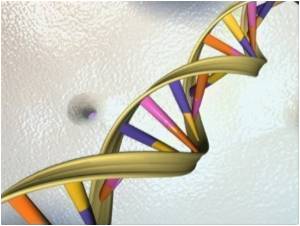Two genes that regulate sleeping and feeding have been identified by scientists in a fruit fly Drosophila.

"This work determines part of the neural mechanism that mediates a conflict in a hungry fly's brain in deciding whether to seek food or sleep," said Scott Waddell, associate professor of neurobiology.
While previous researches showed that sleep deprivation causes hunger pangs and starvation suppresses sleep, it was not known how the two are interconnected. Because the genes that make up Drosophila's internal clock have counterparts with similar functions in mammals, such as those controlling regulation of sleep and metabolism, the study of fruit fly genes can have implications for humans.
The scientists focused on the Clock and cycle genes, which play a role in both the fruit fly and mammalian biological clock. Results showed a three-to-four-fold reduction in sleep in starved flies missing the Clock and cycle genes compared to flies possessing these genes - suggesting that both Clock and cycle help the flies to regulate sleep when they are food deprived.
"These findings are transformative because they show that a gene can control sleep in a context-specific fashion. In the future, we will need to study animals in different environmental conditions in order to fully understand how the brain controls behavior, " said Alex Keene, PhD, a post-doctoral researcher in NYU's department of biology and the study's lead author. (ANI)
Source-ANI










